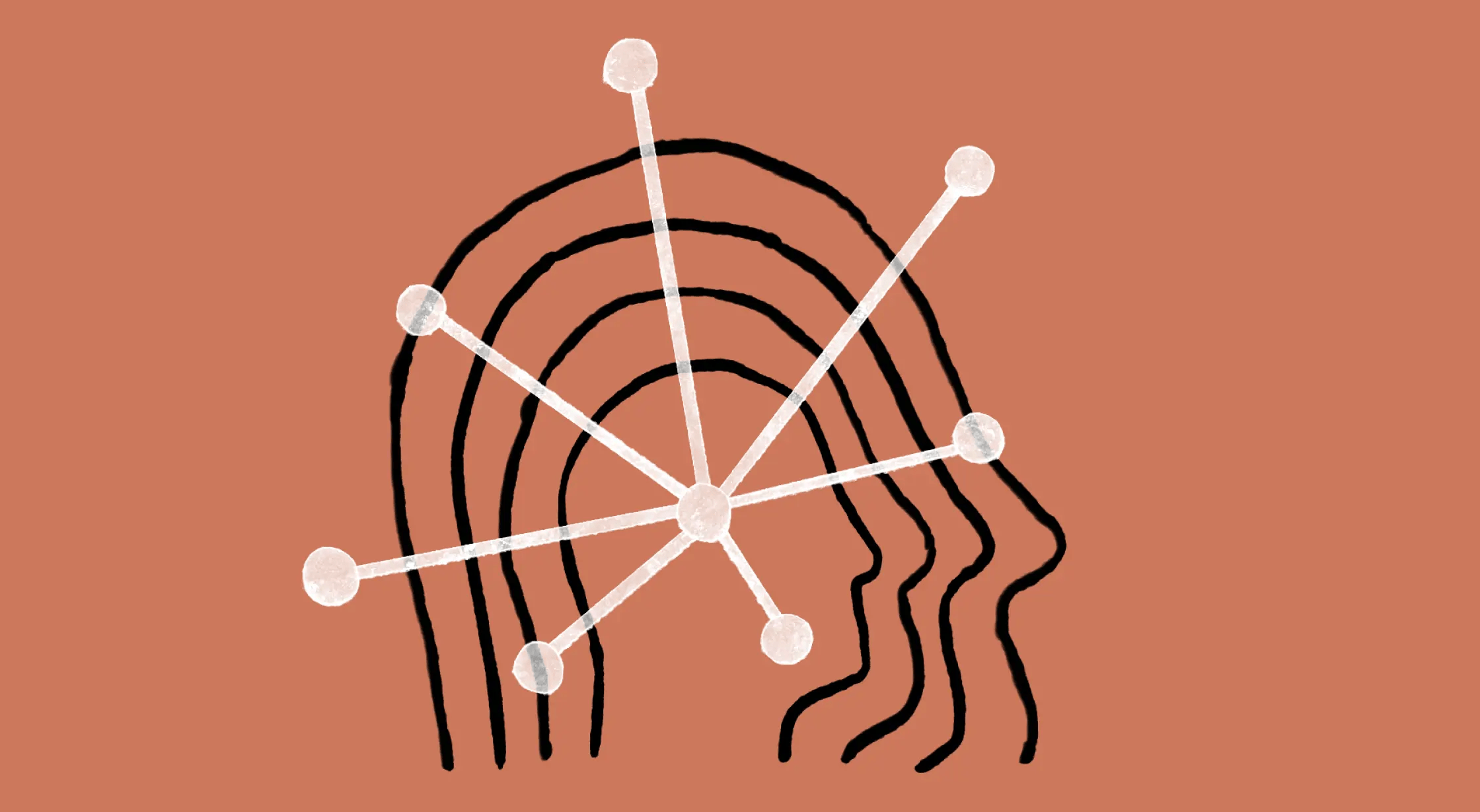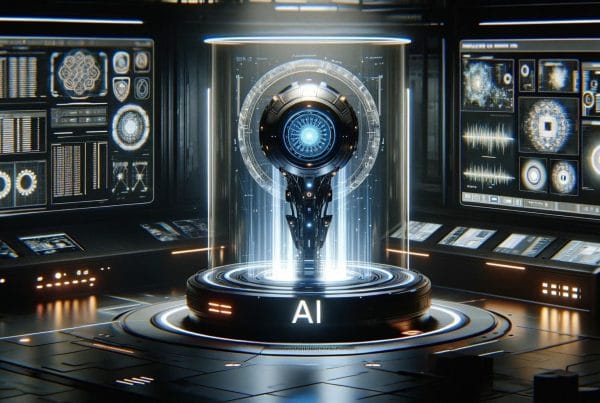Introduction
Artificial Intelligence continues to evolve rapidly, influencing different sectors and industries, with powerful chatbots emerging to help generate humanlike text. These chatbots have revolutionized customer several industries where copywriting and creative thinking is involved. Among AI chatbots, ChatGPT, Claude, and Bard are by far the most referenced and advanced tools available. This article aims to provide a deep comparison of the “big 3”, demystifying their uniqueness and capacities to help you make an informed decision while integrating AI into your operations.
ChatGPT
Overview
ChatGPT is an advanced language model developed by OpenAI. As a cutting-edge AI, it demonstrates remarkable capabilities in natural language processing and generation. With its extensive training data and sophisticated algorithms, ChatGPT can understand context, respond coherently, and even simulate human-like conversations. Nevertheless, like any AI system, it is not without its limitations, which can impact the accuracy and reliability of its responses.
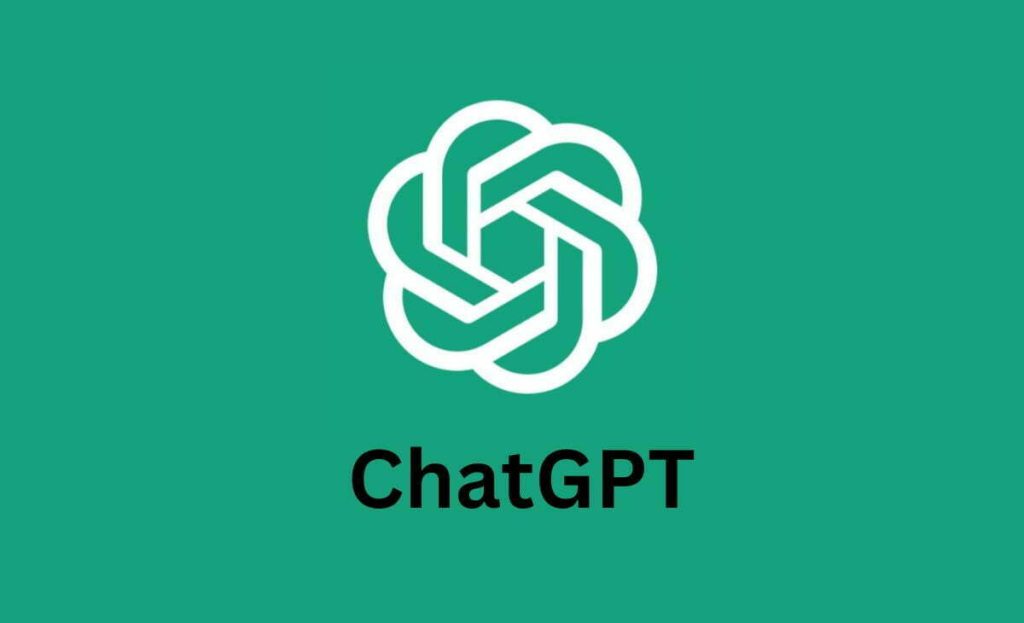
Strengths
One of the primary strengths of ChatGPT lies in its ability to comprehend and generate human language. It can understand complex queries, context, and nuances in conversations, allowing for more coherent and contextually relevant responses. Its vast training data encompass a wide array of topics, enabling it to provide information on a diverse range of subjects. Moreover, ChatGPT can be a valuable tool for creative writing, brainstorming ideas, and offering suggestions, as it generates coherent and engaging content. Additionally, the model is accessible to a broad audience, empowering users with limited programming knowledge to interact with AI effectively.
Weaknesses
Despite its strengths, ChatGPT has certain weaknesses that must be acknowledged. One critical concern is its susceptibility to producing incorrect or misleading information. While it has been trained on massive datasets, there may still be inaccuracies or outdated knowledge in its responses, leading to potentially misleading or unreliable answers. Another limitation is that ChatGPT may sometimes generate plausible-sounding but fictional or unrealistic content, making it crucial for users to exercise critical thinking and cross-reference information when utilizing the system. Additionally, there is a risk of the model “making things up” when it encounters questions or topics outside the scope of its training data, leading to unreliable responses.
Bottom Line
ChatGPT is an impressive language model with the ability to process and generate human-like text, making it a valuable tool for various applications. Its strengths lie in its comprehension of context, diverse knowledge base, and ease of use for non-technical users. However, users must be cautious of its weaknesses, such as the potential for inaccuracies, generating unreliable information, and inability to distinguish fact from fiction. To ensure optimal use, it is advisable to cross-verify critical information from reliable sources and use ChatGPT as an aid rather than a definitive source. As AI technology continues to evolve, addressing these weaknesses will be crucial in maximizing the benefits of such powerful language models.
Claude(Claude 2)
Overview
Claude is an advanced language model developed by Anthropic, showcasing remarkable progress in natural language understanding and generation. With its extensive training data and innovative algorithms, Claude aims to excel in various language-related tasks, rivaling or even surpassing ChatGPT in certain aspects. One of the key elements of Claude’s advantage over ChatGPT is the training data cutoff is 2023, making its outputs more updated and relevant to recent information.
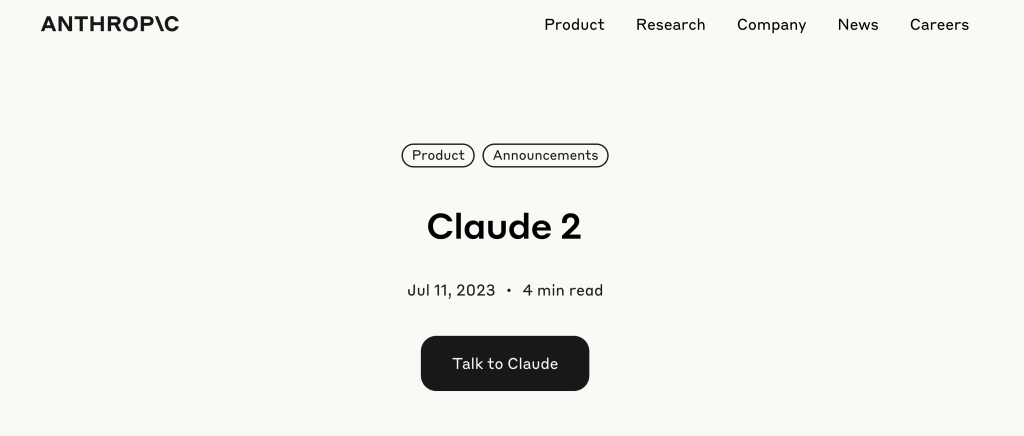
Strengths
One of Claude’s notable strengths is its ability to grasp complex language structures and contextual nuances, allowing for more precise and relevant answers. Its diverse and comprehensive training data empower it to provide information on a wide range of topics with remarkable accuracy. Additionally, Claude’s training methodology incorporates techniques to reduce bias and promote fairness in responses, enhancing the model’s ethical use. It stands out in creative writing tasks, generating engaging and imaginative content, making it a powerful tool for brainstorming and creative exploration. Moreover, Claude offers robust performance across different languages, making it an appealing choice for multilingual applications.
Weaknesses
Like ChatGPT, Claude may still produce incorrect or misleading information, particularly when dealing with obscure or rapidly evolving subjects. It also often refuses to answer prompts if it feels the line of questioning could be leading to a subjective answer.
Additionally, despite efforts to minimize biases, the model may still exhibit certain mistakes present in its training data, leading to potentially skewed responses. Furthermore, Claude might face challenges in understanding highly technical or domain-specific jargon, resulting in less accurate answers compared to domain-specific AI models.
Bottom Line
Claude, Anthropic’s advanced language model, presents a compelling choice for various language-related tasks. Its strengths lie in its context comprehension, reduced biases, and proficiency in creative writing tasks. As with any language model, users should exercise caution when relying on Claude for critical or factual information and cross-reference important details with trusted sources. When compared to ChatGPT, Claude’s focus on reducing biases and multilingual proficiency are commendable additions, but both models share similar limitations in the potential for producing unreliable information and facing challenges with domain-specific jargon. As AI technology continues to progress, both models have the potential to contribute positively to various applications, provided they are used responsibly and in conjunction with human judgment.
Bard
Overview
Bard is a conversational AI chatbot developed by Google as a response to OpenAI’s viral ChatGPT release. After a “code red” alert from Google executives, Bard was rushed to market in February 2023 despite not being fully ready, leading to a botched launch. Bard is based on Google’s LaMDA technology and was later upgraded to the more powerful PaLM model. After an initial limited rollout, Bard was expanded to more countries in May 2023, though its reception has been mixed, with many reviewers finding it more cautious and less capable than ChatGPT. Bard’s launch marks a new AI rivalry between Google and Microsoft.
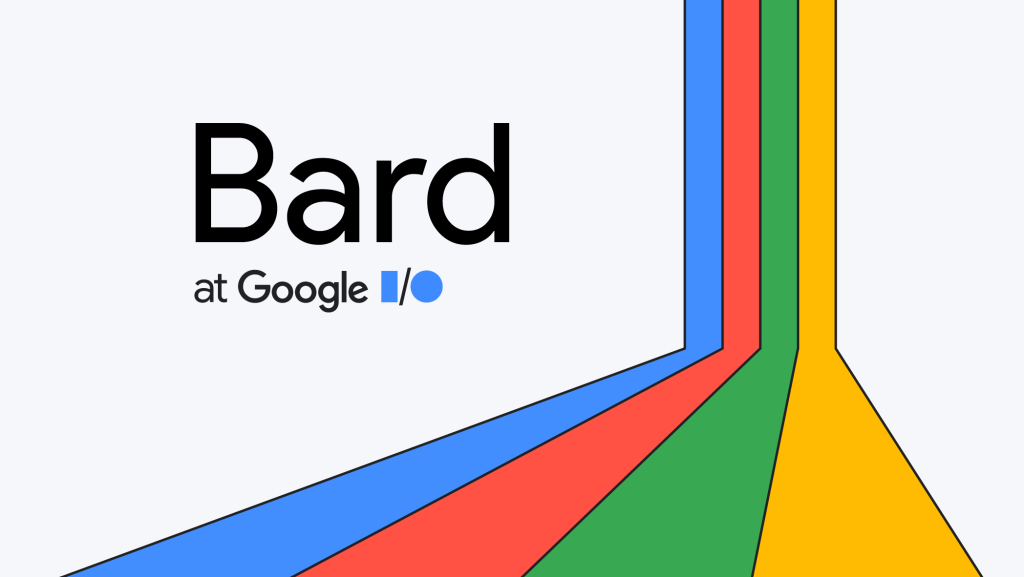
Strengths
Bard is powered by LaMDA, Google’s conversational AI model with over 140 billion parameters, giving it strong natural language capabilities. An important element to note is that Bard can access information from Google’s vast search index to find authoritative, up-to-date facts. This is the key element that could eventually make Bard the ultimate generative AI tool. Users can have a back-and-forth dialogue with Bard to refine questions and dig deeper on topics.
Weaknesses
Limited testing: So far Bard has only been evaluated by trusted testers, not the general public, so its full capabilities are unproven.
Questionable accuracy: Early demos showed Bard can make factual errors despite sounding confident in its responses. More training is likely required.
Privacy concerns: Some experts have raised concerns about the privacy implications of large conversational AI models like Bard.
Bottom Line
Bard has significant potential to evolve information search and retrieval. But as a new technology, it still faces challenges around accuracy, training, and responsible development. Overall, it is an exciting development, but remains a work in progress.
Conclusion
Each of these AI chatbots — ChatGPT, Claude and Bard — command their own strength, weakness and usage scenarios. The decision to choose among the three lies in defining your unique needs.
If your service requires engaging human-like conversations, then ChatGPT could serve you the best. On the other hand, if the requirement is for direct, precise answers, opt for Claude. For businesses in creative domains requiring narrative and interactive content, Bard stands firm as the unrivaled choice.
Understanding these AI chatbots and leveraging their potential can significantly boost your business’s growth and customer service offering. The world of AI continues to evolve relentlessly, and being an early adopter of these intelligent tools may provide you the competitive edge you’ve been searching for.
FAQ
The main differences are:
Training data: Claude has more up-to-date data, while ChatGPT’s data is older. Bard can potentially access Google’s search data.
Accuracy: Claude aims to provide more precise answers. ChatGPT can sometimes provide incorrect or fictional information. Early Bard demos have shown some factual errors.
Capabilities: Claude focuses on reducing bias and multilingual abilities. ChatGPT excels at human-like conversational ability. Bard aims to refine answers through dialogue.
Accessibility: ChatGPT is freely accessible to the public. Claude and Bard currently have limited access.
No AI chatbots or generative AI tool was able to bypass Winston AI. However, Claude 2 was the model that was able to bypass most AI detection softwares(premium and free).
ChatGPT and Claude both demonstrate strong creative writing abilities for generating narratives, articles, and other content. Claude aims to produce more imaginative and engaging content through its training. Bard’s capabilities in this area are still unproven.
All three can produce incorrect or misleading information. It’s important to verify any important facts provided against trusted sources. Claude aims to provide more accurate responses through its training, but no chatbot should be considered a definitive information source.
Yes, they can exhibit biases from their training data leading to problematic responses. Claude implements additional techniques to reduce certain biases. All these models require careful testing to address ethical issues. Monitoring of outputs is advised.
Consider ChatGPT for conversational abilities, Claude for reduced bias and accuracy, and Bard for leveraging Google’s knowledge base (once publicly launched). Assess your specific needs to determine the most suitable chatbot.
